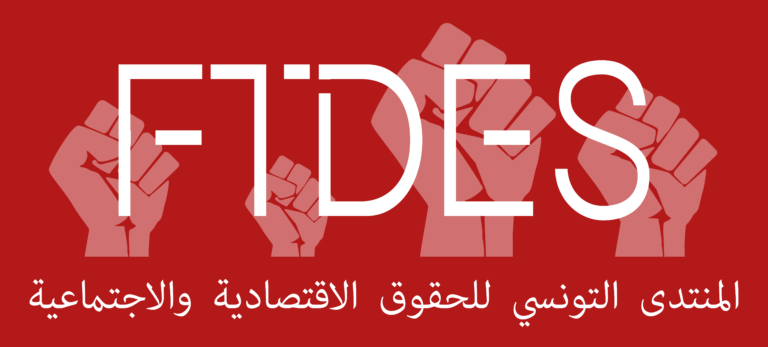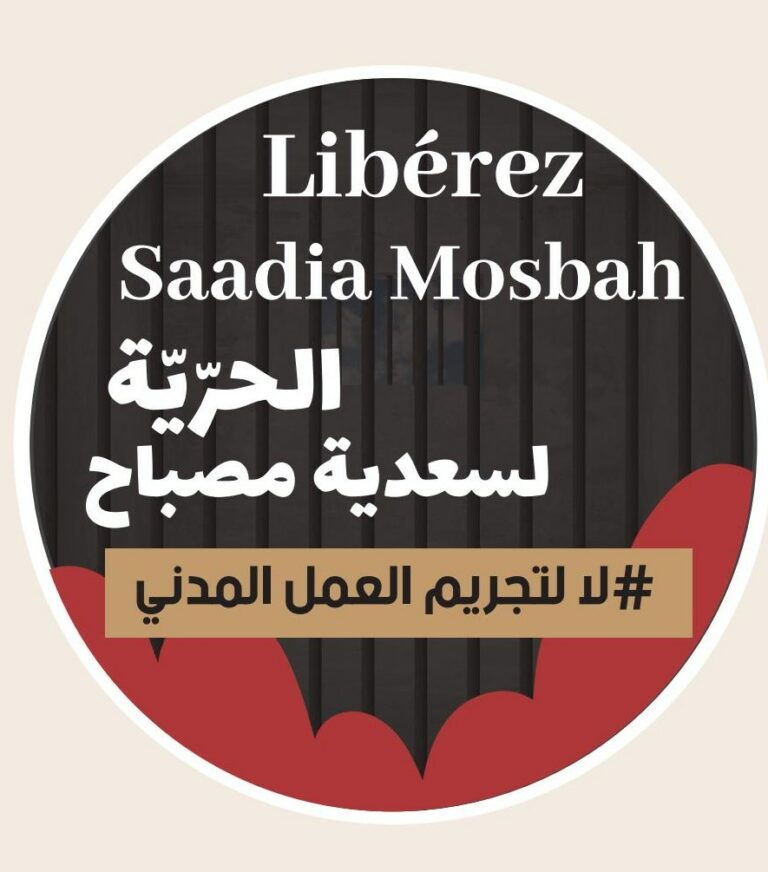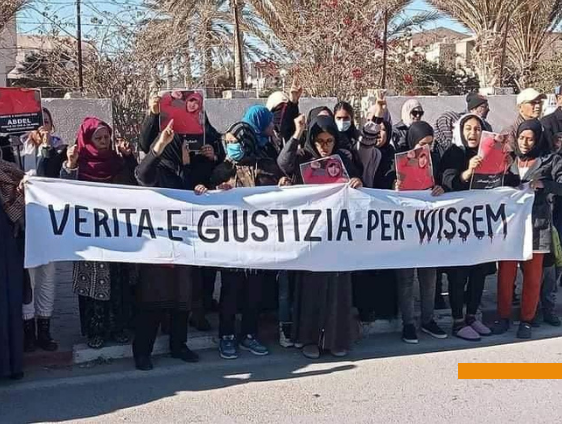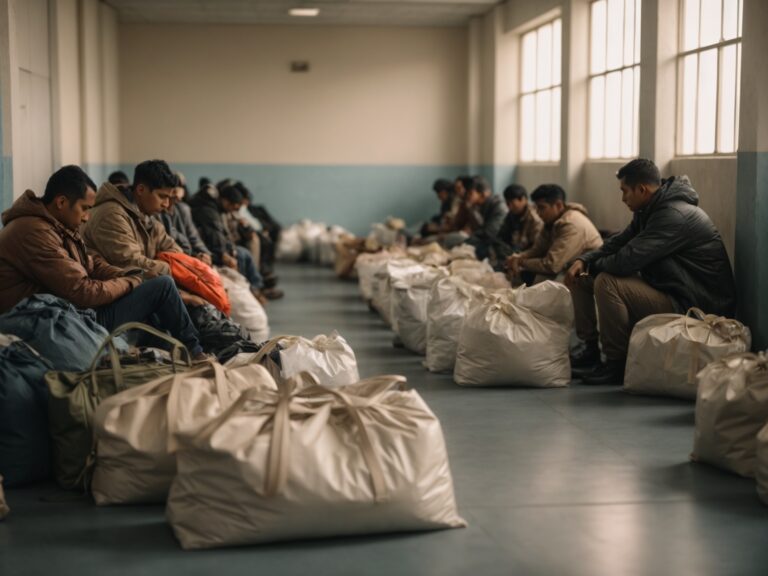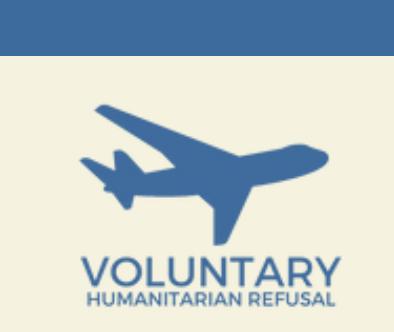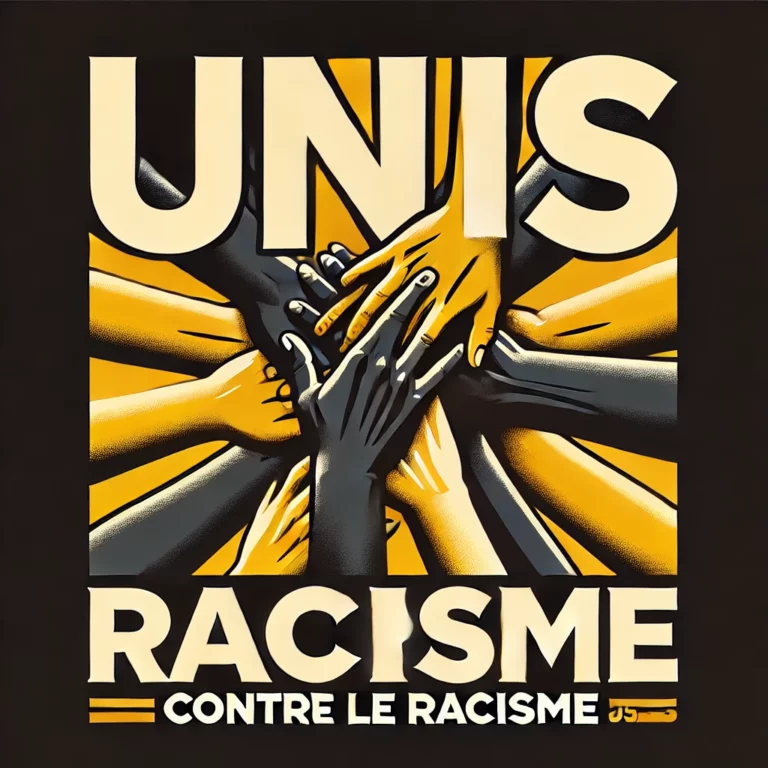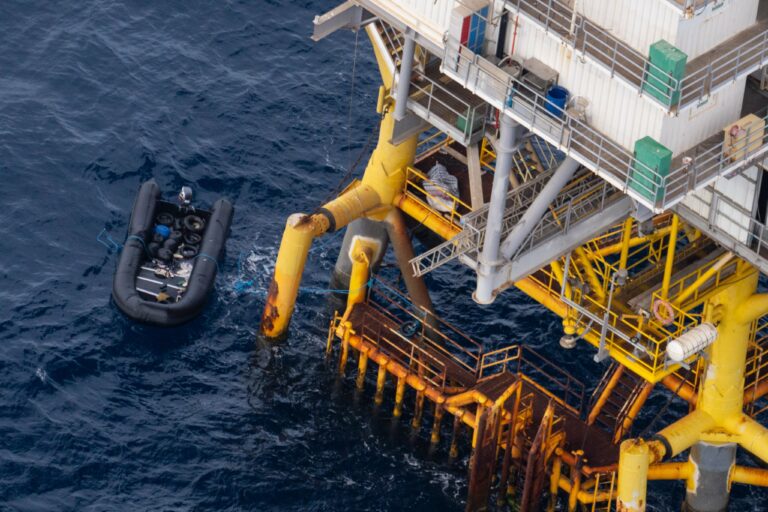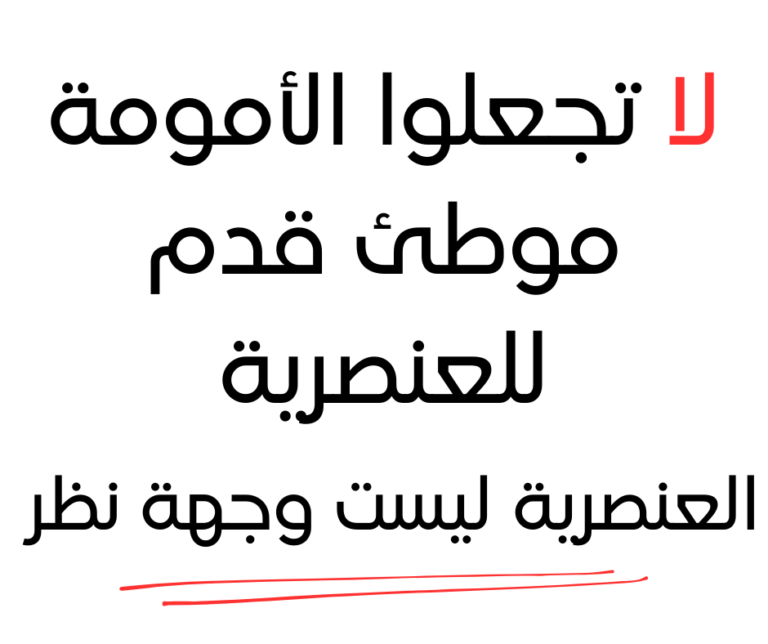Statement of Support for Activist Saadia Mosbah
Voluntary Humanitarian Refusal: a choice you cannot refuse.
Voluntary Humanitarian Refusal: a choice you cannot refuse. Campaign manifesto to stop “voluntary” return programs from transit countries The signatory organizations denounce the instrumental and distorted use of voluntary assisted returns from transit countries, such as Libya and Tunisia, where the fundamental rights of migrants are systematically violated. In these contexts, so-called voluntary return is not a free choice but a last resort due to the absence of safe alternatives, effectively turning into a disguised expulsion. Instead of providing protection, the European Union and its Member States fund programs that return people to the countries they fled from, exposing them once again to violence and discrimination. When can a return be truly voluntary? According to United Nations bodies, such as the Special Rapporteur on the rights of migrants and the Office of the High Commissioner for Human Rights (OHCHR), for a return to be considered voluntary, it is crucial that: ● The decision is free and informed. ● There is no physical or psychological coercion. ● There are real alternatives to return, such as access to protection and regular migration channels. However, in transit countries like Libya and Tunisia, these conditions are systematically absent. Migrants are forced to resort to returns to escape situations of violence, torture, and exploitation, not because of a free choice. They cannot access legal forms of protection or regular migration channels, and return thus becomes an imposed necessity, exposing them to even greater risks in their countries of origin. The reality we are denouncing: ● Protection on paper, migration control in practice: These programs, increasingly funded by the EU and its Member States and implemented by the International Organization for Migration (IOM) in transit countries, are often part of border externalization policies aimed at preventing people from reaching Europe rather than ensuring their protection. ● Dramatic conditions in transit countries: Libya and Tunisia are places where migrants are systematically subjected to violence, exploitation, abuse, and xenophobia. The authorities of these countries, funded by the EU, are directly responsible for serious human rights violations, yet Europe continues to financially support these governments. ● False voluntariness and violations of the principle of non-refoulement: In Libya and Tunisia, migrants are often forced to resort to return to escape persecution and violence, and due to the lack of legal migration and protection channels. Return is never truly a choice but a forced necessity dictated by circumstances. Moreover, returning to their countries of origin exposes migrants to violence and persecution Embargoed until 26 March 2025 again, in violation of the non-refoulement principle. ● Lack of guarantees: Despite these risks being reported by numerous civil society organizations and the United Nations themselves, the EU and its Member States continue to finance these programs without requiring adequate guarantees of respect for the non-refoulement principle. ● Inadequacy of reintegration programs: Reintegration programs, when provided, are generally inadequate to protect individuals from the risks associated with return in contexts of systemic discrimination and violence. In such situations, individual interventions, often limited to economic support, are not sufficient to address the risks of violence and marginalization. What we ask for: 1. Stop funding voluntary returns from transit countries: We call for the immediate cessation of funding for voluntary return programs from countries like Libya and Tunisia, where return becomes an imposed choice, violating the non-refoulement principle. 2. Freedom of movement and protection policies, not externalization: We ask for an end to cooperation based on deterrence and mobility-blocking policies, to allow free movement and the genuine exercise of the right to leave one’s country in search of protection, in full respect of the right to asylum. 3. Stop agreements and funding aimed at preventing migrants from reaching Europe: We demand an immediate halt to agreements and funding aimed at blocking migration to Europe, restricting mobility in transit countries, or rerouting migration to countries of origin. We call for the adoption of active protection policies, ensuring the possibility of entering Europe for people fleeing violence and persecution in Libya, Tunisia, and their countries of origin. 4. Greater transparency, guarantees, and human rights monitoring: We demand greater transparency in projects funded with public funds, the establishment of independent monitoring mechanisms, and guarantees for human rights compliance, starting with the principle of free and informed consent.
Promoting organizations: ASGI, ActionAid, A Buon Diritto, Lucha y siesta, Differenza Donna
Signatory organizationsOST Digital Report – February 2025
Saving human lives is a priority
EN – Saving human lives is a priority
On Saturday, 1 March 1 2025, the Watch The Med Alarm Phone network issued an alert concerning a serious case of distress: 32 people were reported to be on the Tunisian gas platform MISKAR, located in the Gulf of Gabès, in international waters and in the Maltese SAR zone.
The people reported to Alarm phone that they had been without food for days and that their condition was very critical. They also reported the death of one person.
Despite the alert given to the Tunisian and Maltese authorities, as well as to the Italian authorities, who passed the case on to the Libyan forces, no rescue appears to be planned.
The signatory associations urge the competent authorities to intervene quickly to rescue those in distress.
They also recall that saving lives is an obligation for all States.
They also stress that rescue can be considered complete when people are taken to a place of safety, where they are not subjected to violence, expulsion, detention or any other form of institutional racist harassment.
https://x.com/alarm_phone/status/1896159121638072675?t=sjptFGOxv1ysX4gZNfnzFg&s=19
https://x.com/seawatch_intl/status/1896265530887323783
– Tunisian Forum for Economic and Social Rights FTDES – Tunisian Association of Democratic Women ATFD World Organization Against Torture OMCT – Lawyers Without Borders ASF – Association Bayti – Tunisian Association for Justice and Equality – Tunisian Association for the Defense of Individual Freedoms – I WATCH organization – Tunisian Coalition for the Abolition of the Death Penalty – Tunisian Organization Against Torture – No peace without justice – Stop Pollution Movement Gabes – Your Voice Association Gabes – Committee for the Respect of Freedoms and Human Rights in Tunisia – Federation of Tunisians for Citizenship between the Two RiversEN – Saving human lives is a priority
On Saturday, 1 March 1 2025, the Watch The Med Alarm Phone network issued an alert concerning a serious case of distress: 32 people were reported to be on the Tunisian gas platform MISKAR, located in the Gulf of Gabès, in international waters and in the Maltese SAR zone.
The people reported to Alarm phone that they had been without food for days and that their condition was very critical. They also reported the death of one person.
Despite the alert given to the Tunisian and Maltese authorities, as well as to the Italian authorities, who passed the case on to the Libyan forces, no rescue appears to be planned.
The signatory associations urge the competent authorities to intervene quickly to rescue those in distress.
They also recall that saving lives is an obligation for all States.
They also stress that rescue can be considered complete when people are taken to a place of safety, where they are not subjected to violence, expulsion, detention or any other form of institutional racist harassment.
https://x.com/alarm_phone/status/1896159121638072675?t=sjptFGOxv1ysX4gZNfnzFg&s=19
https://x.com/seawatch_intl/status/1896265530887323783
– Tunisian Forum for Economic and Social Rights FTDES – Tunisian Association of Democratic Women ATFD World Organization Against Torture OMCT – Lawyers Without Borders ASF – Association Bayti – Tunisian Association for Justice and Equality – Tunisian Association for the Defense of Individual Freedoms – I WATCH organization – Tunisian Coalition for the Abolition of the Death Penalty – Tunisian Organization Against Torture – No peace without justice – Stop Pollution Movement Gabes – Your Voice Association Gabes – Committee for the Respect of Freedoms and Human Rights in Tunisia – Federation of Tunisians for Citizenship between the Two RiversEN – Saving human lives is a priority
On Saturday, 1 March 1 2025, the Watch The Med Alarm Phone network issued an alert concerning a serious case of distress: 32 people were reported to be on the Tunisian gas platform MISKAR, located in the Gulf of Gabès, in international waters and in the Maltese SAR zone.
The people reported to Alarm phone that they had been without food for days and that their condition was very critical. They also reported the death of one person.
Despite the alert given to the Tunisian and Maltese authorities, as well as to the Italian authorities, who passed the case on to the Libyan forces, no rescue appears to be planned.
The signatory associations urge the competent authorities to intervene quickly to rescue those in distress.
They also recall that saving lives is an obligation for all States.
They also stress that rescue can be considered complete when people are taken to a place of safety, where they are not subjected to violence, expulsion, detention or any other form of institutional racist harassment.
https://x.com/alarm_phone/status/1896159121638072675?t=sjptFGOxv1ysX4gZNfnzFg&s=19
